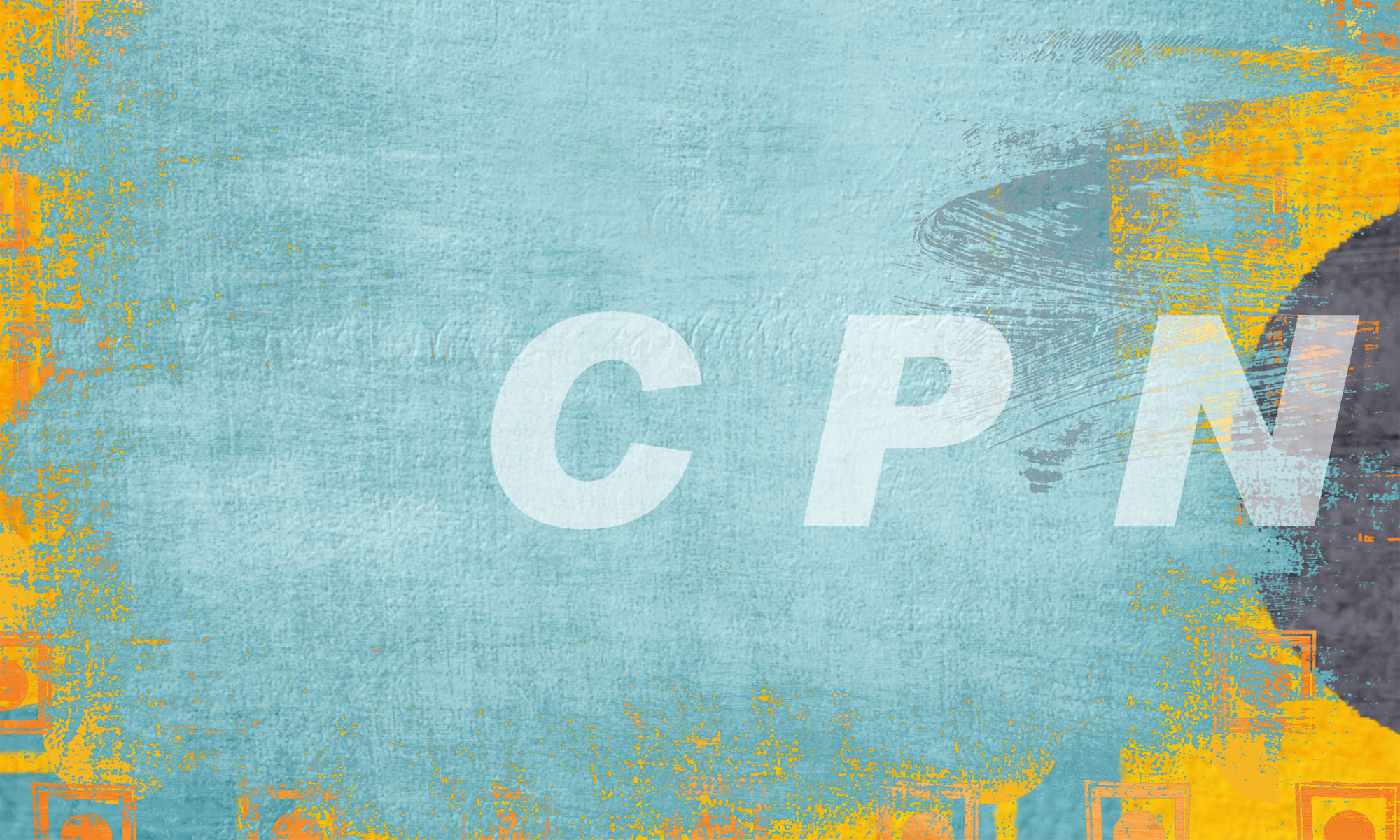In today’s show, we share comments and reflections from the UVa Faculty Roundtable concerning Race and Gender in Politics.
Last Thursday, the Miller Center of Public Affairs hosted the UVa Faculty Round Table on Race and Gender in Politics. Sponsored by the University of Virginia’s Arts & Sciences Magazine, the forum was moderated by Douglas Blackmon, the Atlanta bureau chief for the Wall Street Journal. The panel included UVa faculty members, Paul Freedman, Brian Nosek, Lynn Sanders, Vesla Weaver and Nick Winter.
Moderator, Douglas Blackmon called this point in time “an extraordinary moment in American history and American discourse,” while Associate Politics Professor Paul Freedman referred to this time as “Christmas” for political scientists because of the multicultural base of the presidential candidates.
For more information about the show or to see the full text, visit the Oscar Show’s blog
